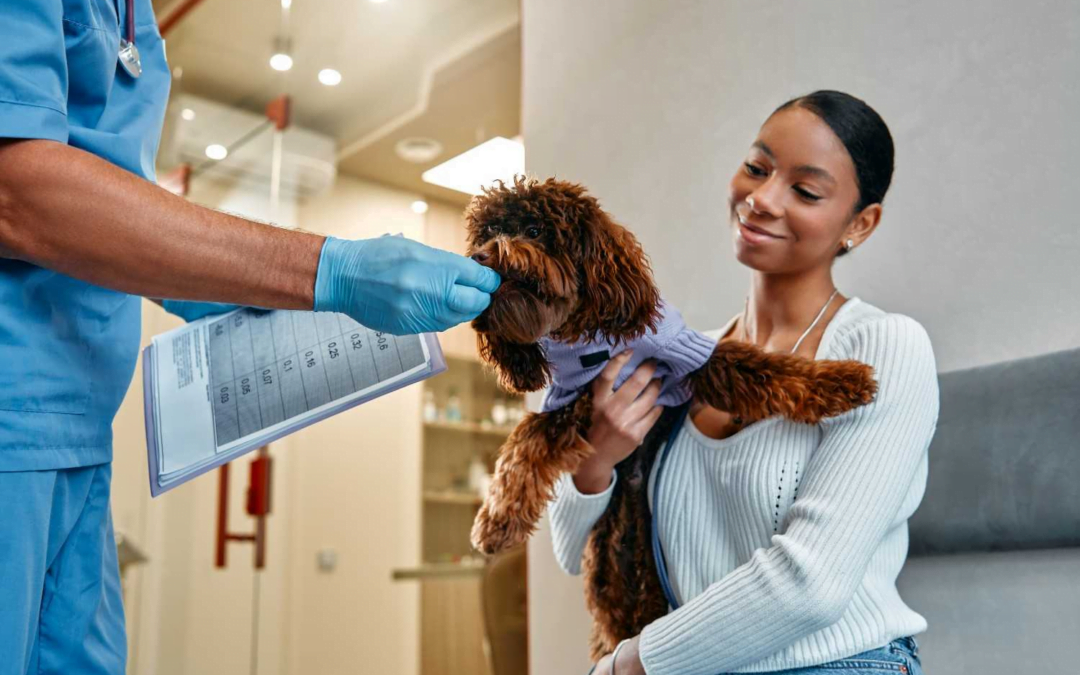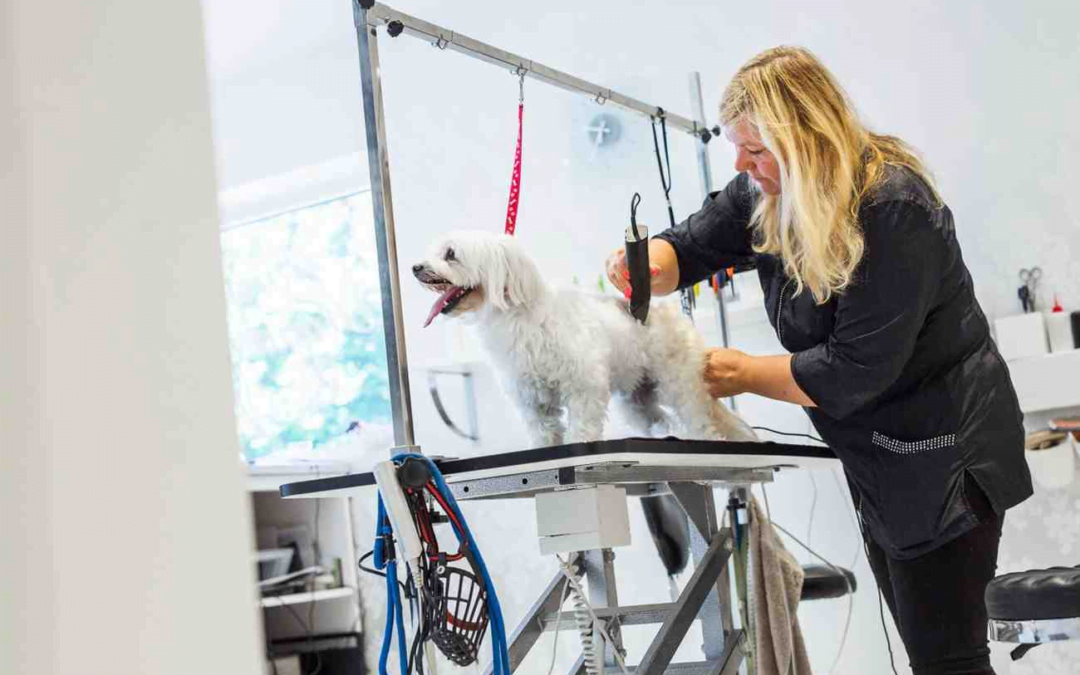
Keeping Your Pet’s Heart Healthy: Significance of Vet Visits and Preventive Care
Heart disease is a widespread and significant health problem in dogs and cats of all ages and breeds. While some cardiac issues may be hereditary, regular vet visits and preventative care can reduce many risk factors. Learn how pet vets and preventive care can help you keep your pet’s heart healthy.

The Significance of Regular Veterinary Check-Ups for Our Pet’s Heart Health
Regular veterinarian check-ups are essential for preserving our pets’ general health and well-being. Among the many areas of health that veterinarians evaluate during these examinations, heart health is one of the most important. Pets, like people, can suffer from a variety of heart-related disorders, and early identification through periodic check-ups can help ensure prompt intervention and effective treatment.
– Understanding the Prevalence of Heart Disease in Pets
Heart disease in pets is more frequent than many pet owners know, affecting a large number of dogs and cats of all ages and breed types. While particular breeds may be prone to specific heart diseases, heart disease can develop in any animal, thus all dogs nd cats should have regular cardiac examinations.
– The Importance of Routine Veterinary Check-ups
During a basic pet vet check-up, the veterinarian will usually listen to the pet’s heart with a stethoscope to identify abnormal cardiac sounds, murmurs, or irregular rhythms. This easy but important procedure allows the veterinarian to evaluate the heart’s function and detect any indicators of cardiac disease.
– Screening for Various Cardiac Abnormalities
In addition to valve disease and DCM, veterinarians look for additional cardiac abnormalities such as congenital heart defects, arrhythmias, and myocardial illnesses. Early diagnosis of these issues through frequent check-ups allows veterinarians to adopt appropriate treatment regimens, which may include medicines, dietary modifications, lifestyle changes, or referral to a pet vet for specialist care.

Preventive Measures to Reduce the Risk of Heart Disease in Pets
Pet owners may take many preventive actions to lower the risk of heart disease and improve their furry friends’ cardiovascular health.
Regular Veterinary Check-Ups
One of the most important preventive steps for keeping a pet’s heart healthy is to schedule frequent veterinary check-ups. Routine checkups enable vets to evaluate the pet’s entire health, including the heart and circulatory system. During these examinations, veterinarians can listen for aberrant heart sounds, detect murmurs or irregular beats, and find other symptoms of cardiac problems. Early identification of cardiac disease allows for timely intervention and therapy, reducing the risk of severe repercussions.
Balanced Nutrition
A balanced diet is essential for keeping a pet’s heart healthy. A balanced and nutritious diet adapted to the pet’s unique nutritional requirements is critical for reducing obesity, which is a major risk factor for heart disease. Pet owners should feed high-quality diets that contain necessary nutrients, vitamins, and minerals. Furthermore, feeding adequate meals and avoiding excessive snacks can help prevent weight gain and promote a healthy body weight, putting less burden on the heart and circulatory system.
Regular Exercise
Regular exercise is necessary for pet heart health. Daily physical activity helps dogs and cats keep a healthy weight, develops their muscles, and improves circulation. Brisk walks, lively play sessions, and agility training are all effective strategies to keep pets active and stimulate their cardiovascular systems. To avoid overexertion or injury, exercise programs should be tailored to the pet’s age, breed, and fitness level.
Weight Management
Obesity is a major risk factor for heart diseases in dogs, since it can result in hypertension, diabetes, and other health issues. As a result, weight management is essential for lowering the risk of heart disease and improving general health. To maintain a healthy weight, pet owners should frequently assess their pet’s physical condition and change their diet and exercise routine accordingly. A veterinary consultation may be required to design a personalized weight control strategy tailored to the pet’s specific needs.
Stress Reduction
Stress may have a bad influence on a pet’s general health and increase the risk of developing heart disease. Pet owners should attempt to provide a quiet and stress-free environment for their pets, limiting exposure to possible stressors such as loud noises, strange environments, or changes in routine. Providing a pleasant and safe environment, as well as lots of mental and physical stimulation and positive reinforcement, can assist to reduce stress and improve emotional well-being, all of which benefit heart health.

Prioritizing Pet Heart Health
Every pet parent must be concerned about pet heart health to ensure their companion’s well-being. Pets, like humans, can develop a variety of cardiac issues that can have an influence on their overall well-being. Regular monitoring and knowledge of cardiac health can help discover any problems early on, allowing for timely intervention and treatment. By remaining knowledgeable and vigilant, pet owners may actively contribute to their pet’s overall health and enjoyment. Prioritizing cardiac health allows pet owners to give the essential care and support, ensuring that their beloved friends enjoy long, healthy, and joyful lives alongside them.





